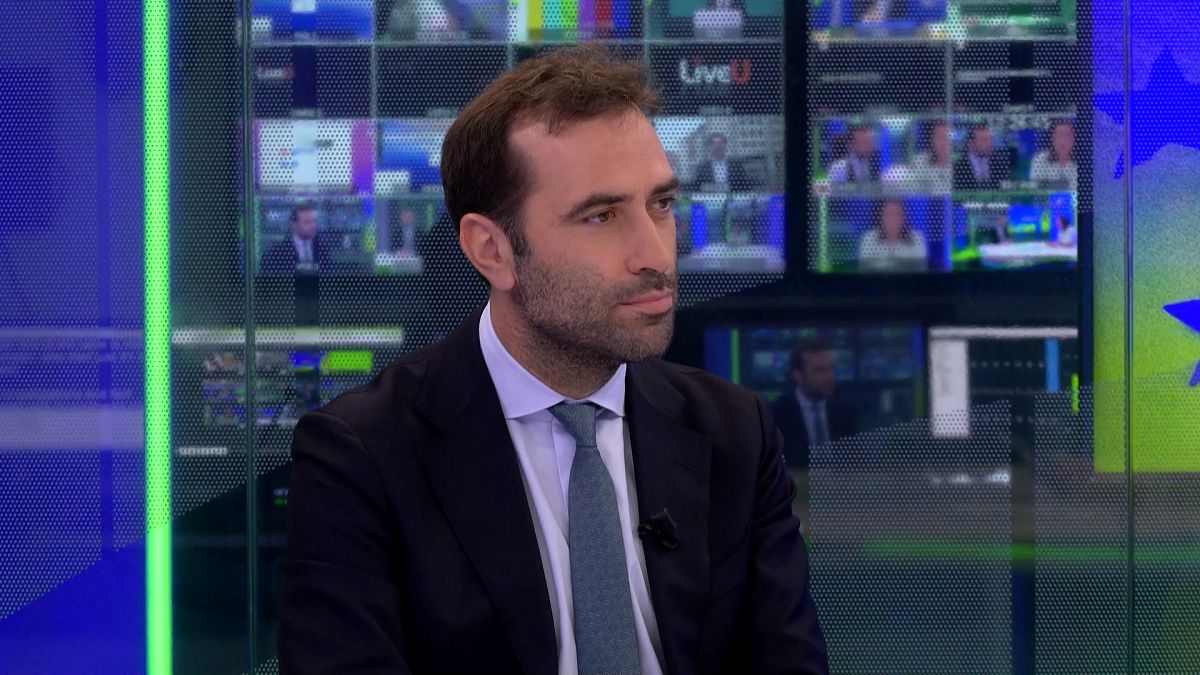Hormonal IUDs tied to slightly elevated breast cancer risk – study

The findings indicate that breast cancer risks with IUDs are likely similar to those with other types of hormonal birth control.
Hormone-releasing intrauterine devices (IUDs) are associated with a slightly higher risk of breast cancer among young women, according to a large new Danish study.
IUDs are among the most effective contraceptives, and are used by about 8.1 per cent of reproductive-age women in Europe. Copper IUDs don’t use hormones, but others, like the Mirena coil, work by slowly releasing a progesterone-like hormone to prevent pregnancy.
Health professionals have known that taking hormonal birth control pills long-term is tied to a slightly higher risk of breast cancer.
But it was thought that IUDs were lower-risk because they release the hormone directly into the uterus, at lower levels than the pill.
“The results of this study are therefore highly unexpected,” said Dr Channa Jayasena, a reproductive endocrinologist at Imperial College London who was not involved with the new study.
Researchers from the Danish Cancer Institute compared the health outcomes of about 79,000 women who got an IUD between ages 15 to 49 against a similar group who did not use any form of hormonal birth control. They were tracked over an average of 6.8 years.
While the risk of developing breast cancer was low overall, using a hormonal IUD was associated with an “excess risk” of 14 cases per 10,000 women, according to the study, published in the medical journal JAMA.
Notably, the risks didn’t increase if people kept their IUDs in for longer periods of time.
The study has some limitations, namely that the researchers did not measure whether the two groups of women had similar rates of smoking, alcohol use, and obesity, which are all risk factors for breast cancer and could skew the results.
Doctors and patients should weigh pros and cons
The researchers said that doctors should include information about breast cancer risks when discussing the benefits and risks of hormonal IUDs with patients.
“My advice for women is that breast cancer risk caused by [IUDs] is not established but warrants a closer look,” Jayasena said.
The study is not the first to analyse a potential link between breast cancer and birth control.
Last year, researchers from the University of Oxford found that progestogen-only contraceptives were associated with a slightly higher breast cancer risk, regardless of the type of contraceptive used.
The Danish researchers didn’t compare patients with IUDs against those with other forms of birth control but taken together, the available evidence “suggests that the increase in the risk [with IUDs] is similar to that with oral contraceptive use,” Dr Mangesh Thorat, a researcher and breast cancer surgeon at Queen Mary University of London, said in a statement.
However, there’s broad medical consensus that “the overall benefits of hormonal contraception outweigh the harms,” Thorat added.
Notably, certain IUDs have also been shown to reduce the risk of cervical, endometrial, and ovarian cancers.
The risks associated with hormonal birth control also change with age, and Thorat said patients should decide on the best approach with their doctors.
“It is reasonable for women near 40 years of age to have a discussion with their healthcare practitioner regarding non-hormonal modes of contraception,” Thorat said.
World News || Latest News || U.S. News
Source link



